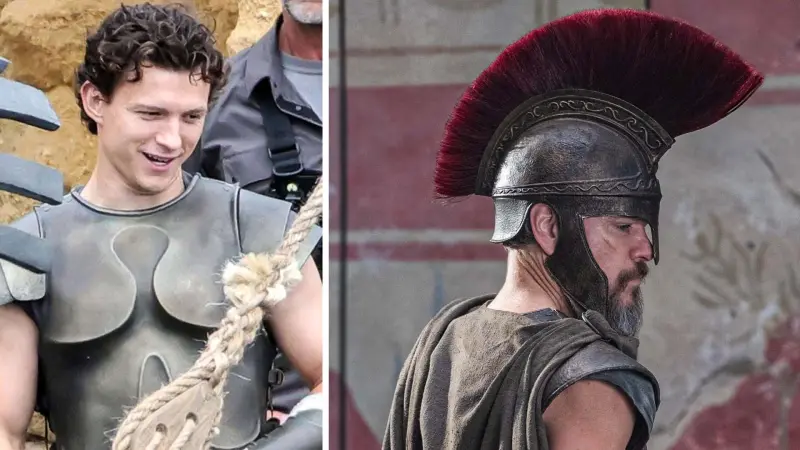DUNCAN Mackenzie has had a string of jobs from being a policeman to a butcher and game dealer and even running a guest house.
However, it is current role that has brought him the most satisfaction and should come as no surprise considering his DNA connects him to it.
Mr Mackenzie is now a deer stalker, who lives east of Ullapool in Wester Ross Scotland, and has single handed discovery of the ruins of a lost community of national significance.
He is the subject of a new documentary to be broadcast on BBC Alba on Tuesday, August 30 at 9pm.
Made by award winning filmmakers, Richard Else and Margaret Wicks of Adventure Show Productions based at Newtonmore in the Scottish Highlands, the programme explores Mr Mackenzie’s radical views on deer stalking and his discovery of ruins of a lost community.
Archaeologists on the discovery site in Wester Ross
With stunning scenery of wild uninhabited mountain areas peppered with lochans and lochs, the programme explores how Mr Mackenzie’s DNA is directly connected to the land where he works. He is described as a naturalist, a stalker and historian and has been a policeman, a butcher, game dealer and run a guest house. His family has been connected to this land for generations and he describes himself as the last of the line.
He has a non-sporting lease – so doesn’t take paying clients out with him – on an estate just south of Lochinver in Assynt. It’s some of the wildest land in Scotland. Duncan talks about his “duty of care” to the deer he manages and, with some satisfaction, says “I don’t take guests to the hill. I’ve been out with guests in the past and it was always the testosterone filled men that you had to keep an eye out for. It was just pull the trigger, get a stag, go home and get drunk. I used to fall out with them quite a lot. Many estates are still hanging onto Victorian principles but I go in, shoot the animal I want and leave the rest of the herd quiet”.
Seeking out where generations of his family had lived he uncovers the old moss covered stone ruins of a “cleared village”. Duncan has found what is probably the largest community in the north of Scotland and one which fundamentally changes many of the accepted views of Highland life. Bigger than most, stretching some four miles up Inverlael Glen, he explains how the villages were “cleared” of their residents in the period around 1819, when he believes 77 families, possibly 600 to 700 people were removed from their homes – they weren’t even allowed to dig up their potatoes to take them with them. “Their DNA is on this land since time began,” Duncan explains. Historian Dr Martin McGregor explains that “evil replaced what was paradise” for these people.
“My father introduced me to stalking when I was a child,” Duncan explains, “It’s either in you or it isn’t, but it’s part of my being”. The programme which took four years to make, explores his work on the land following the herd across mountain tops and glens with his two dogs Polar and Molly as well as commentary from academics working on the uncovering of the cleared settlement ruins.
Filmmaker, Richard Else says “Duncan Mackenzie is literally one in a million – a man hefted to this part of Scotland and with an enormous set of skills that most of us have lost long ago. It’s been a real privilege to work with him and long days tramping the hills in all weathers has been amply rewarded”.








